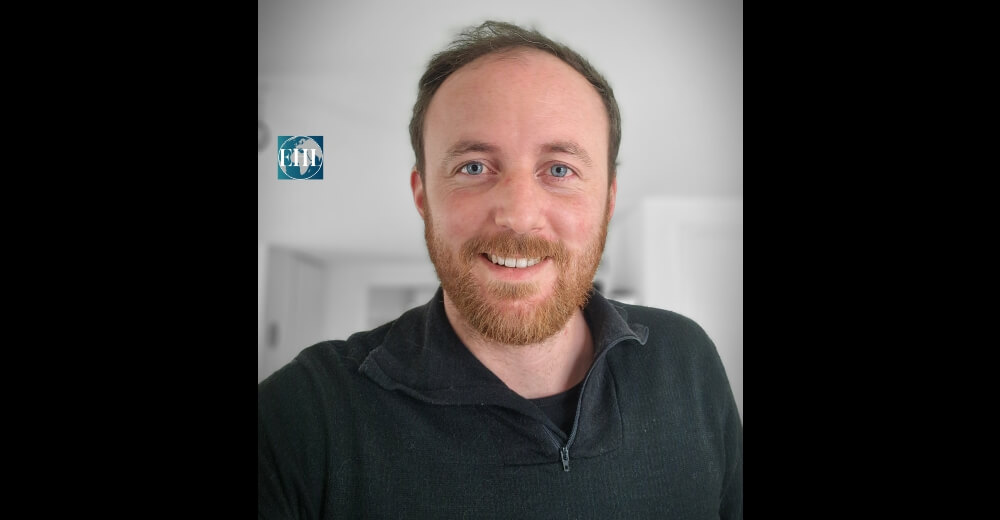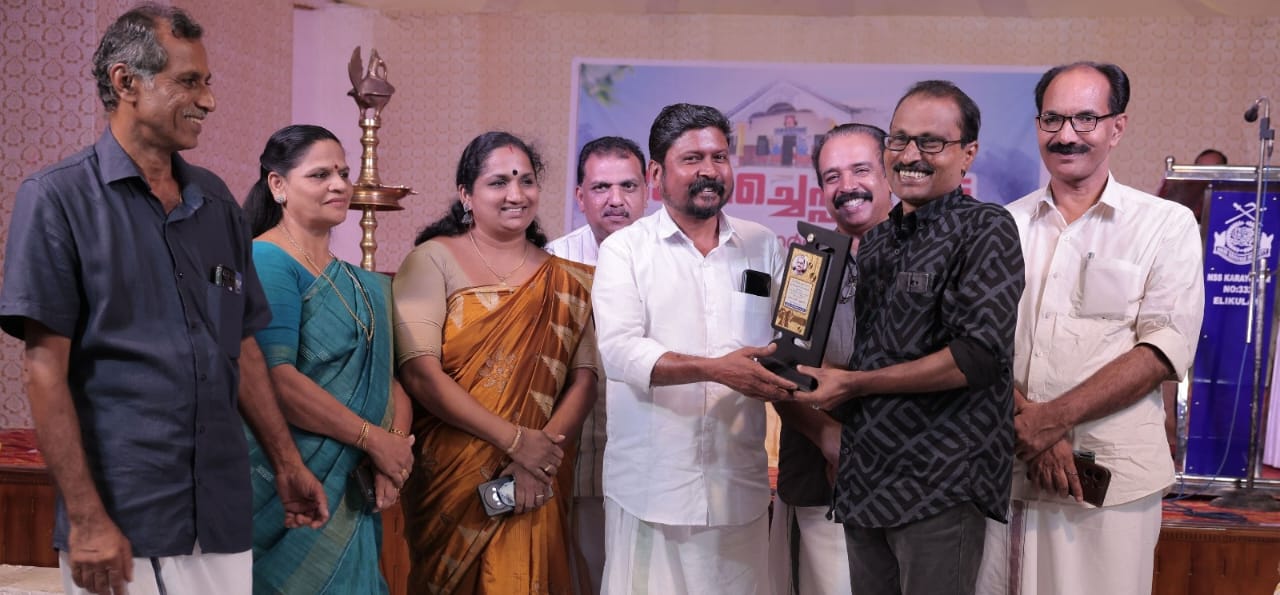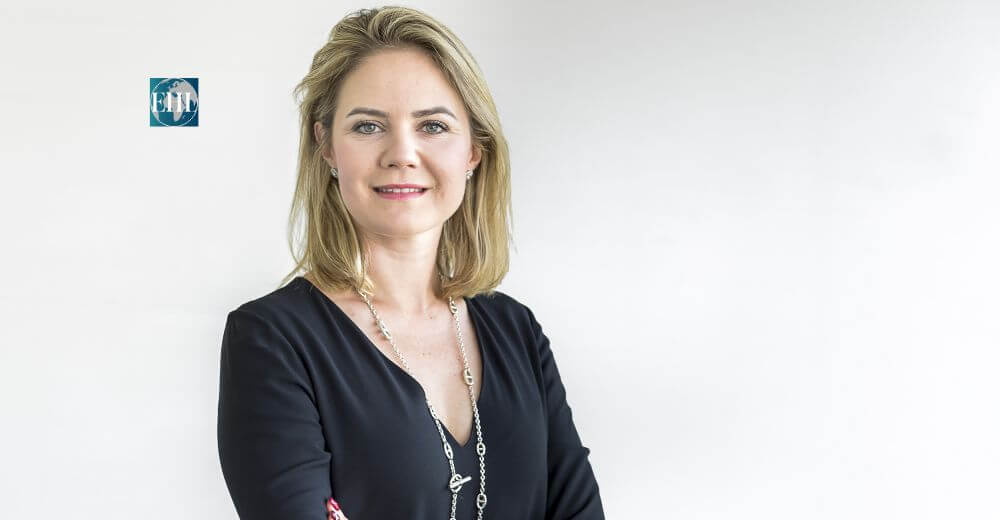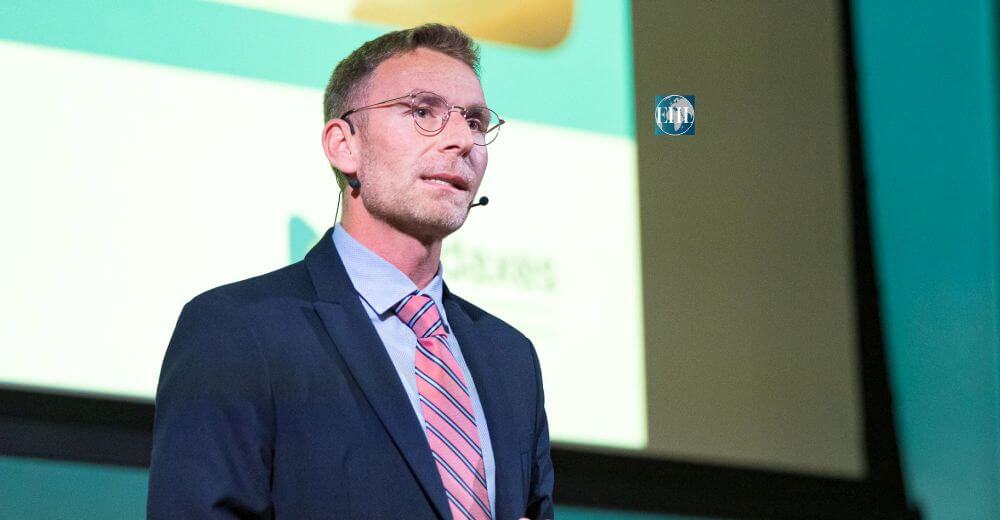Enhancing Healing Processes
The convergence of technology and health has opened extraordinary avenues for medical treatment and rehabilitation. Among the most promising innovations in recent years, virtual reality (VR) stands out for its potential to revolutionize patient care. As an expert in virtual reality and hypnotherapy, my exploration of this technology has allowed me to witness its significant impact on patient well-being and healing processes.
A New Dimension of Therapeutic Immersion
VR offers a unique immersion, capable of transporting patients beyond the physical limits of their immediate environment. This escape capability is not just a technical feat; it’s a lifeline for patients facing the pain, stress, and isolation often associated with long and challenging medical treatments. By diving into virtual worlds, they can experience significant pain relief, anxiety reduction, and an enhanced sense of calm and well-being.
VR in Physical Rehabilitation
Physical rehabilitation is an area where VR shows particularly strong potential. Through personalized programs that simulate physical exercises, patients can improve their mobility and strength in a more engaging way. Virtual reality makes these exercises not only more accessible but also more motivating, often transforming a repetitive and strenuous task into a fun and rewarding experience. This innovative approach contributes to a faster and more complete recovery, focusing on the patient’s autonomy and active engagement in the healing process.
Beyond the Physical—VR in the Treatment of Psychological Disorders
The scope of VR also extends to the treatment of psychological disorders. By recreating controlled environments, it offers patients a way to confront their fears, overcome their anxieties, and work through complex disorders such as PTSD in a safe setting. This method, which can be integrated into conventional treatments, opens new and promising therapeutic perspectives, providing patients with tools to better understand and manage their condition.
VR and Patient Education
Patient education is another area where VR can play a transformative role. By simulating real-life scenarios or explaining complex medical procedures interactively, VR helps patients better understand their health and treatment. This increased knowledge can empower patients to make informed decisions about their care journey. Personalization at the Heart of Treatment
Perhaps one of VR’s most powerful assets is its ability to personalize the therapeutic experience. By adapting virtual environments and scenarios to individual needs and preferences, each patient can receive treatment that respects not only their medical needs but also their uniqueness as an individual. This personalization promotes a more holistic approach to healing, considering the patient in their entirety.
Towards an Integrated Future
As an expert passionate about the potential of VR in health care, I am convinced that we are only scratching the surface of what this technology can offer. Its increasing integration into standard medical practices not only promises to improve treatment outcomes but also to transform the health care experience for patients and professionals alike. The future where VR becomes an essential component of medicine is within reach, marking an era of more personalized, effective, and humane treatments.
A Bridge to Holistic Healing
The future of medicine lies in the harmonious integration of technology and human care. Virtual reality, with its ability to create immersive and personalized experiences, positions itself as a valuable tool in this evolution. As an expert in the field, I witness the positive changes VR brings to patients and medical practice. It does not replace human contact but complements it by opening new paths to healing.
The importance of VR in the medical field is not limited to its current applications. Its potential to innovate and improve patient well-being is immense. By continuing to explore and develop this technology, we can make health care not only more effective but also more accessible and engaging for patients around the world.
Every advancement in the use of VR in medicine is a step towards a more integrated and patient-centered approach to health care. As a professional dedicated to this cause, I remain committed to exploring the frontiers of technology and health, always with the goal of making medical treatments less intimidating, more effective, and fundamentally more human.
Virtual reality is more than a technology; it is a reflection of our capacity to use innovation to improve the quality of life. As experts, patients, and health care stakeholders, we all have a role to play in adopting and adapting these tools to shape a future where technology and humanity walk hand in hand towards healing and well-being.
About the Author:
Driven by innovation and well-being, Antoine Kamber is an educator and master practitioner in hypnosis, born in 1993 in Ollon, Switzerland. As the co-founder of Virtual Reality Concept Sàrl, he is dedicated to exploring how virtual reality can transform health and education, merging technology with therapeutic approaches for a brighter future.
Read More: Click Here











